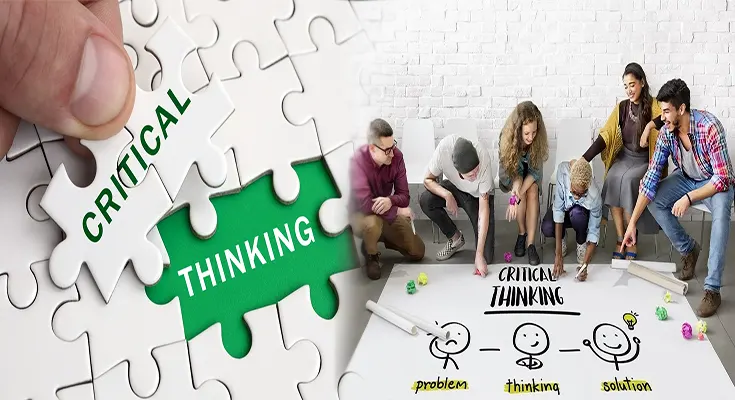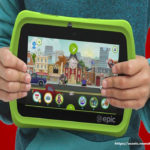More Than Just Fun: The Power of Interactive Learning Games for Adults with Cognitive Disabilities
Interactive learning games are emerging as a powerful and engaging tool to enhance the quality of life, cognitive skills, and social connections for adults with cognitive or intellectual disabilities. Moving past traditional methods, these games offer a fun, motivating, and highly customizable approach to skill-building and cognitive stimulation.
The Multifaceted Benefits of Interactive Gaming
The impact of interactive games extends across several key domains, providing holistic benefits for players:
1. Cognitive and Executive Function Enhancement
Interactive and serious games are specifically designed to target and improve various cognitive abilities. These games offer a stimulating environment that can lead to measurable improvements in:
- Executive Functions: Many games challenge players with activities that strengthen skills like planning, decision-making, working memory, and problem-solving. For individuals with intellectual disabilities, training these executive functions is vital for adaptive daily living and promoting greater autonomy.
- Attention and Focus: The engaging nature of games helps players maintain alertness and concentration for longer periods, with immediate feedback and rewards providing continuous motivation.
- Memory Skills: Activities that involve matching pairs, following sequences, or remembering specific items—like a “shopping list” game—directly work to sharpen both short-term and long-term memory recall.
- Processing Speed and Perception: Games that require quick reactions














